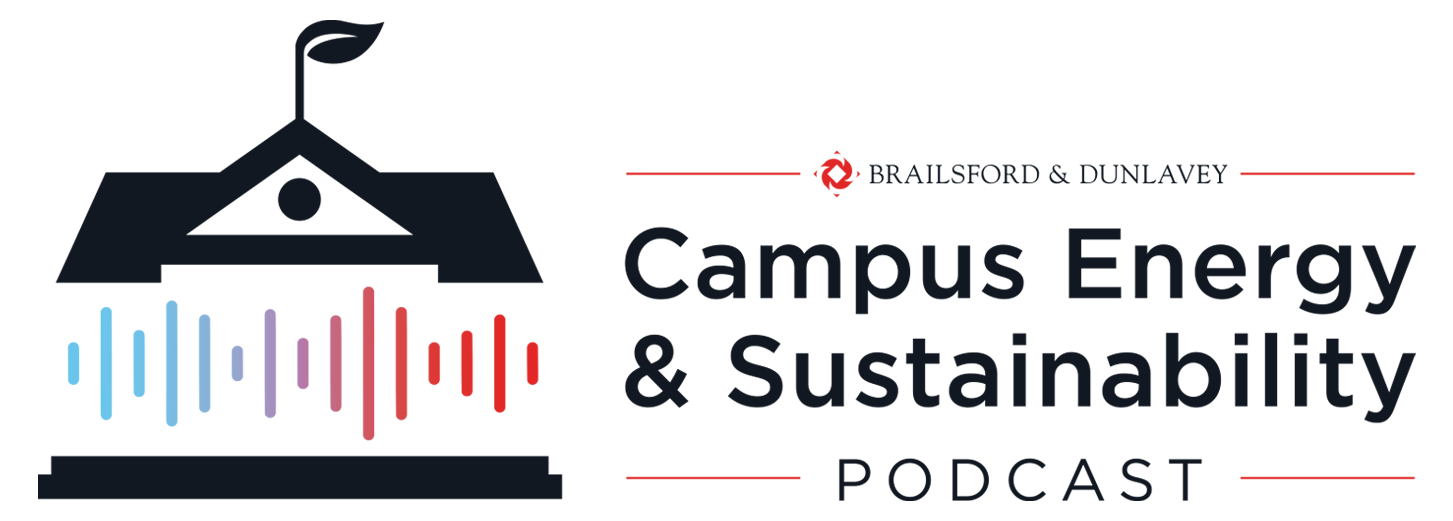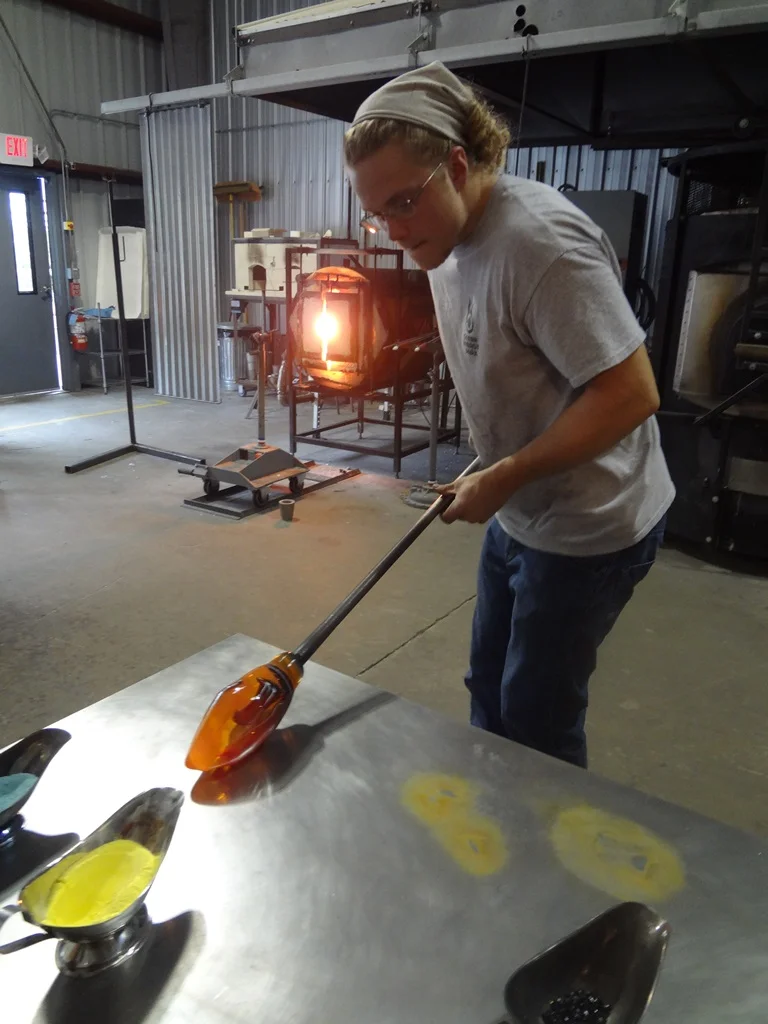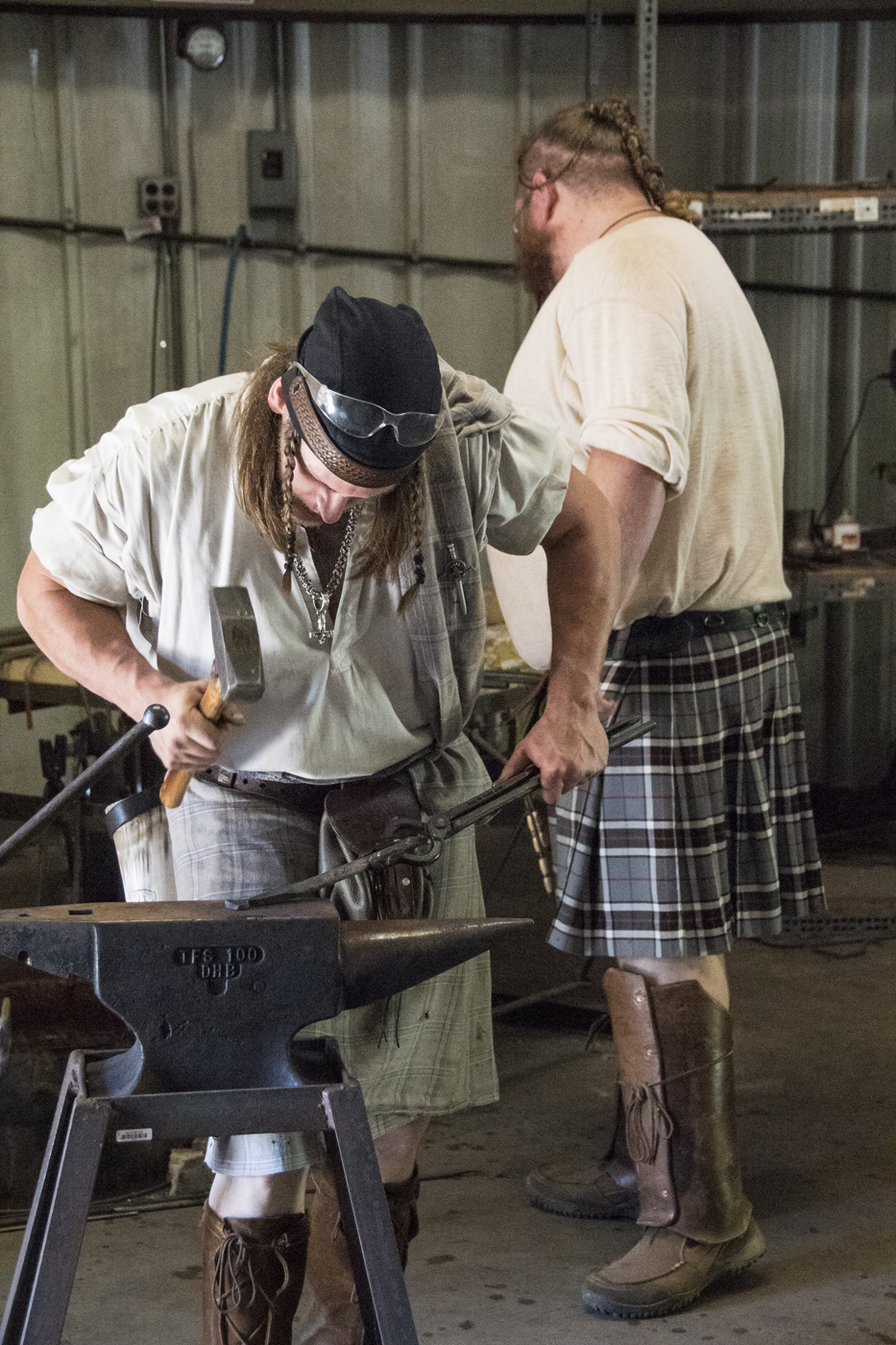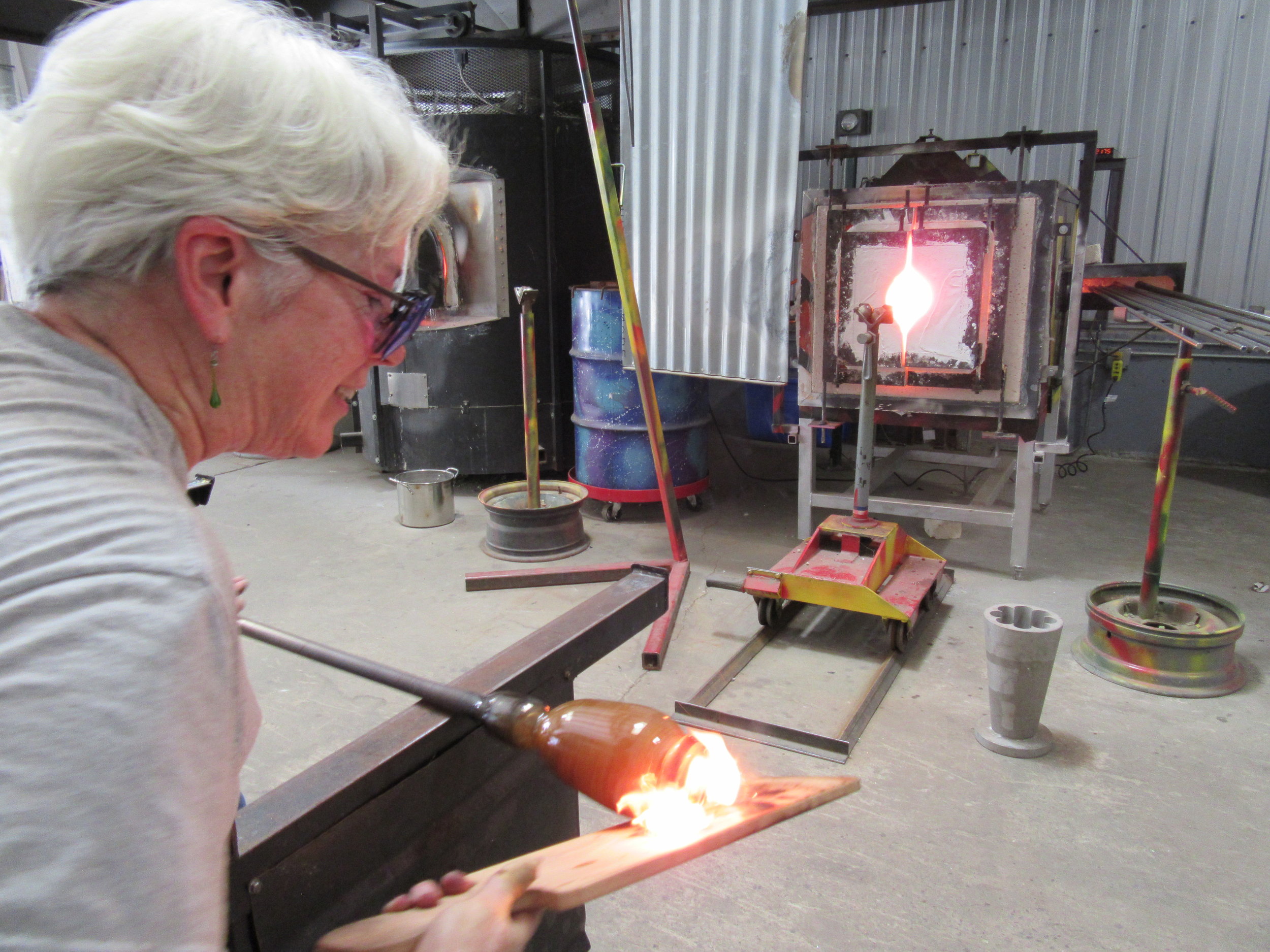Episode 24: Sustainable Food Systems at UNC-Chapel Hill
Laura Mindlin, Claire Lorch, and Scott Myers of UNC-Chapel Hill
Guests:
Claire Lorch
Garden Manager and Education Coordinator, Carolina Campus Community Garden
Laura Mindlin
Coordinator, Edible Campus UNC
Scott Myers
Director of Auxiliary Services, UNC-Chapel Hill
Host: Kaia Findlay
Podcast and Communications Manager, Campus Energy and Sustainability Podcast
Feeding a campus is no small task. Tackling sustainability in that campus’ food system -- a system that encompasses the growing, harvesting, processing, packaging, transporting, marketing, consumption and disposal of food -- isn’t either.
In this episode, the Campus Energy and Sustainability Podcast’s new manager, Kaia Findlay, explores what makes food systems sustainable at the University of North Carolina-Chapel Hill with three interviewees, each working with a different food-related organization on campus: Laura Mindlin, coordinator for Edible Campus UNC; Claire Lorch, garden manager and education coordinator for the Carolina Campus Community Garden; and Scott Myers, director of auxiliary services for UNC. The interviewees discuss the role their organization plays in the food system on campus and their efforts in sustainability, and as a group they reveal how the campus has addressed a variety of food-related issues and challenges.
Resources:
Edible Campus UNC
Website: ncbg.unc.edu/ediblecampus
Email: ediblecampusunc@gmail.com
Social media: @ediblecampusunc
Interactive Map: go.unc.edu/ediblecampus
Carolina Campus Community Garden
Website: https://ncbg.unc.edu/outreach/cccg/
Claire Lorch contact: clorch@email.unc.edu
Real Food Challenge: https://www.realfoodchallenge.org/
Production Team:
Episode Transcript:
The following is an automated transcription of this episode which will include errors and omissions. You can listen and follow along with the text here:https://otter.ai/s/uxK404BeQkWHpr6z7l0yMA
You can find a text-only version of the transcript here:
Episode 24: Sustainable Food Systems at UNC-Chapel Hill - Transcript








